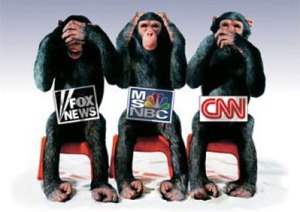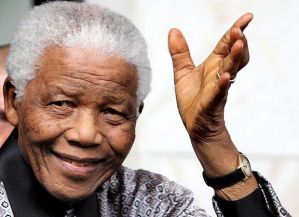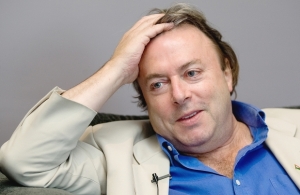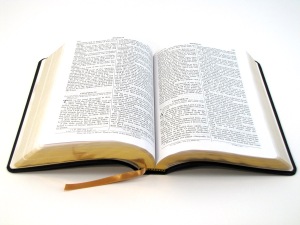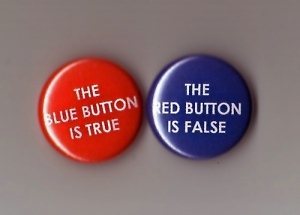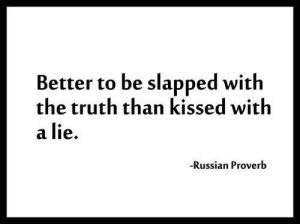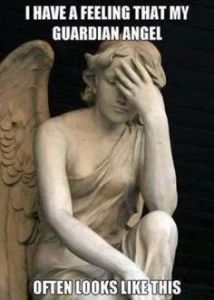The great housing divide
We like to think of Australia as an egalitarian nation where there is a safety net for all – a system that looks after its poor and treats all with dignity and allows equality of opportunity.
But if we look a little deeper, we can see the cracks in that theory.
In one of the wealthiest countries in the world, with an economy that is largely flying high, where life expectancy has increased and unemployment is quite low, we still haven’t been able to heal Australia’s cycle of urban poverty.
The vast majority of our growth is occurring in urban areas – where nearly 90 per cent of Australians now live.
Our cities are vibrant areas but they are not easy places to live if you are poor.
We have unaffordable housing, increasingly privatised health and education, job insecurity, stagnating wages, limited health care for the most vulnerable – is Australia really the land of the fair go?
The inner city of Melbourne is now for the wealthy and the poor live out in the suburbs.
The suburbs where many of our football teams originated are no longer working class.
There is a great housing divide.
There has been a desperate lack Politicians and policy makers – successive governments – have said a great deal about what needs to be done about urban poverty. Bob Hawke once even promised to end child poverty.
But there is sadly little discussion on the subject from the power brokers.There has been a desperate lack of vision, clarity and political will.
An Anglicare Australia report on rent affordability showed how difficult it is for people on low incomes to secure urban accommodation without stress.
It found that affordable rentals were extremely limited for a single person living on any government payment. Australian singles living on an aged pension could afford 2.1 per cent of the 75,000 properties surveyed. Singles living on a disability pension could afford 0.5 per cent of the properties.
On any given night in Australia more than 100,000 people are homeless, and of these, 44,083 are under 25 years old.
There are nearly 10,000 homeless school students in Australia aged between 12 and 18 years old..
And those living rough on the streets are in real danger of losing their lives due to medical conditions acquired through being exposed to the elements.
The statistics tell only part of the story.
A few years ago, the Four Corners program asked Australian children what it was like growing up poor in the midst of pOne boy summed up his life. He said: My parents get paid on Friday right, so during the week they probably have money. But on Wednesday, Thursday or sometimes Tuesday, you know, what are we supposed to eat?”
At the age of 12, Jessica had a bleak view of her future: She said she wanted “A good job, where you get like heaps of money. I’d be a decent mum, a husband with no violence and everything, so it could be a happy family, you know, but like… that would never happen…”
It’s heart wrenching. Here we have kids with little hope for their future.
A multitude of studies tell us that children brought up in poverty have a long list of risk factors – impaired cognitive development, behavioural difficulties, poor physical health, a greater likelihood of teenage pregnancy, increased probability of drug and alcohol abuse and lower skills and aspirations.
“Poverty is like punishment for a crime you didn’t commit” — said the writer Eli Khamarov. He’s right.
No young person should grow up thinking that they can or can’t do something or be something because of where they come from.


